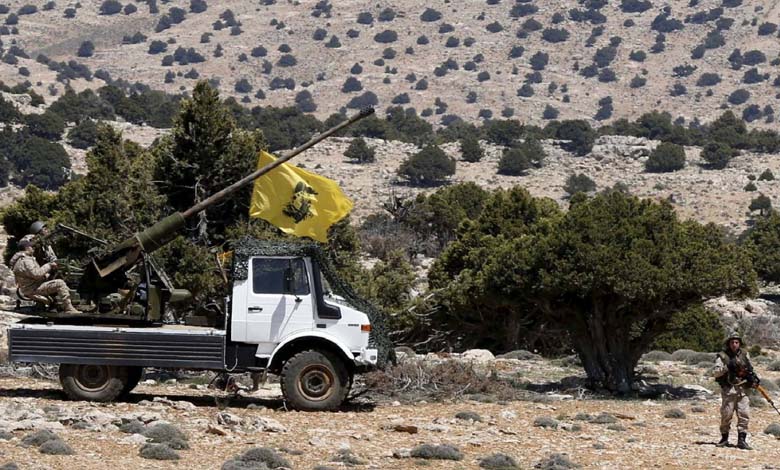Hezbollah and disarmament: cautious approval or a tactic to buy time?

Hezbollah’s statement that it views the Lebanese army’s plan to place all weapons under state control as “an opportunity to return to wisdom and reason” initially appeared to be a positive signal toward a government initiative.
Yet behind this tempered language lies a clear tactic that could stall any practical steps toward disarmament, by tying implementation directly to the cessation of Israeli air raids and the withdrawal of forces from the south. This condition effectively freezes the plan indefinitely, granting the group additional breathing space to regroup and recalibrate.
-
Lawsuit Filed Against Hezbollah’s Deputy Secretary-General for Threatening Lebanon with Civil War
-
Hezbollah threatens civil war in Lebanon and warns of a Karbala-style battle
A difficult condition to fulfill
Mahmoud Qomati, a senior Hezbollah official, declared that the cabinet session devoted to discussing the army’s plan represented “an opportunity to return to wisdom and reason” with the aim of sparing Lebanon from sliding into uncertainty.
He explained that the party’s stance is rooted in the government’s declaration that any implementation of the U.S. roadmap on this issue remains conditional on halting Israeli strikes and withdrawing troops from southern Lebanon. In practice, this means the plan is “suspended until further notice.”
-
Hezbollah threatens Lebanon with a Karbala-style battle to keep its weapons
-
Hezbollah Faces a Silent Collapse: Missing Leadership, Besieged Weapons
Qomati further emphasized that Hezbollah firmly rejects the cabinet’s decisions concerning both the army’s plan and the U.S. roadmap, stressing instead the need for the government to develop a comprehensive “national security strategy.”
He argued that debating Hezbollah’s disarmament while Israeli military operations continue would be a grave mistake, insisting that the current priority must be confronting “Israeli aggression,” not undermining Lebanon’s defensive capabilities.
Given that Israel is unlikely to halt its operations anytime soon, particularly as it continues to target the group’s infrastructure and southern strongholds, Hezbollah’s condition seems above all a mechanism to stall the plan’s implementation.
-
Beirut Port Explosion Anniversary: Justice Moves Forward Despite Hezbollah’s Obstruction
-
U.S. Patience Wears Thin as Hezbollah Disarmament Stalls
A government in a complex position
The Lebanese government, for its part, has endorsed the U.S. roadmap for disarmament but refrained from setting a timeline, reflecting its fear of a direct clash with the movement.
Following the meeting, Prime Minister Najib Mikati wrote on the platform X: “In cabinet, we welcomed the army’s plan to centralize arms under the authority of the state across all Lebanese territory, to be carried out within the framework established during the session of August 5, 2025.”
-
Hezbollah resists internal and external pressure to disarm
-
Israel Warns Naim Qassem: There Will Be No Hezbollah in That Case
He continued: “We also decided to request that army command submit a monthly report to the cabinet on the progress of this plan.”
The government nonetheless fears that any attempt to enforce the plan by force could drive the country toward civil confrontation, a concern hinted at earlier by Naïm Qassem, who warned that “the streets would erupt” if the group were compelled to back down.












